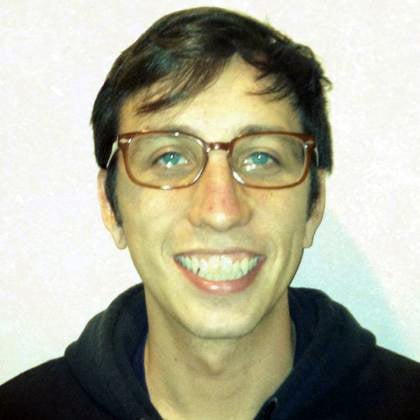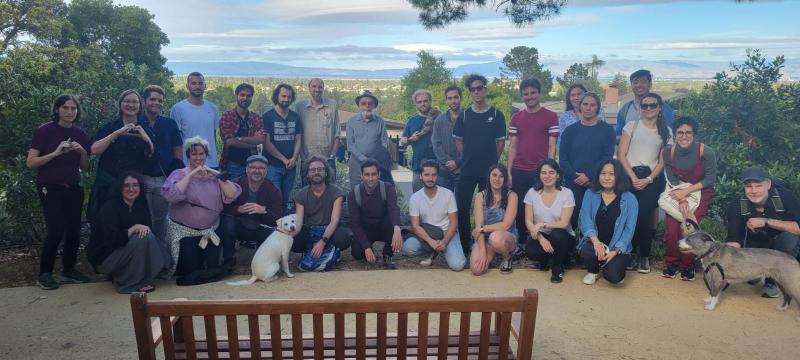John Taylor (JT) Chipman, a Stanford Ph.D. student in philosophy since 2012, died on May 3 in Sacramento, California, where he was living with his family, Vice Provost for Student Affairs Susie Brubaker-Cole announced in a message to the community on Wednesday.
Chipman, a University of California, Berkeley graduate, was a teaching assistant and instructor in Stanford’s philosophy department. He was set to teach Introduction to Formal Methods in Philosophy at Stanford this summer. Chipman was also a teaching assistant for Stanford Online High School and a member of the Berkeley-Stanford Circle in Logic and Philosophy. He had a wide range of academic interests, ranging from the philosophy of logic to the history of analytic philosophy, epistemology and metaphysics.

“JT will be so deeply missed here at Stanford,” Jill Covington, a member of Graduate Student Services in the philosophy department, wrote to The Daily. “He was as reliable a presence as the sun coming up in the morning. Before the pandemic he was often here early each morning, soaking up the sun in the quad, or in the philosophy lounge drinking coffee. He was beloved by everyone who knew him, and we will all miss him and his presence here so much.”
Last week, Chipman’s friends and colleagues organized a walk from Main Quad to Lathrop Park in his honor. This was one of JT’s favorite walks, according to Covington.

“JT made big differences in the lives of those around him,” Department of Philosophy Chair Mark Crimmins wrote in a comment included in Brubaker-Cole’s message. “As I take in the outpouring of sadness from his colleagues, mentors and friends, apart from the admiration for his intellect, humor and creativity, what really stands out are grateful memories of his generosity in friendship.”
Chipman’s classmates and friends have shared tributes in recent weeks as they have processed the news of his death.
“JT was the best friend I’ve ever had,” wrote Nick DiBella Ph.D. ’18 in a tribute shared with The Daily. “I loved him like a brother. He was my brother. He had more of a positive impact on who I am as a person than I can even begin to describe. He accepted your oddities and flaws and embraced them. He did that for me, as I saw him do that for so many others.”
Natalie Jabbar, associate director of the Public Humanities Initiative at Stanford, shared in Brubaker-Cole’s message that Chipman “challenged me in a way that both drove me nuts and made my mind feel so alive, so beheld. I loved that underneath his map of tattoos and his raspy cackle and grit, there was a kind man who loved cradling cats and being an uncle, who collected Nutcrackers, who was touched by the smallest gesture, and who was so incredibly tender.”
Although his passing was sudden, there is no evidence to suggest that Chipman died by suicide, according to Brubaker-Cole.
“Every loss of life in our community is heartbreaking. We are a large university, yet we are connected in time, place and optimism in our pursuit of knowledge together,” Brubaker-Cole wrote.
A virtual memorial will take place on May 26 at 6 p.m. and will include group readings, photos, music and opportunities for attendees to speak about their relationships with Chipman.
Brubaker-Cole wrote that help is available for community members, providing links to mental health and well-being resources on campus.
